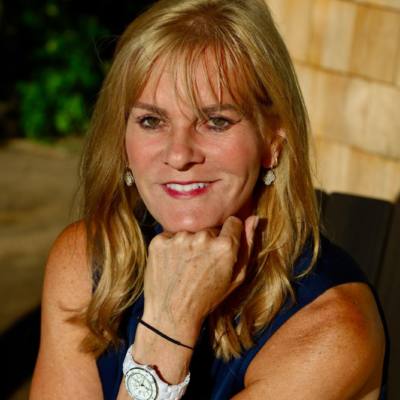The Changing Media Landscape, Free Speech and the Law
Thomas Jefferson, much as he hated the press when he was President, believed firmly in the value of a free press. He most famously said: “The basis of our governments being the opinion of the people, the very first object should be to keep that right; and were it left to me to decide whether we should have a government without newspapers or newspapers without a government, I should not hesitate a moment to prefer the latter.” The business of media has radically changed and over the past 20 years with the introduction of the internet and the inevitable fragmentation that followed, together with the introduction of social media. Many traditional sources of news are struggling to stay viable and cutting staff, while new sources of news, including anyone with a Twitter or Tik Tok account, proliferate – with much consumer confusion about what sources are credible. In this course we will cover a range of topics: from Johnny Depp’s defamation case against Amber Heard; to Elon Musk and the tweets that prompted the SEC to file suit; to the Pentagon papers and The Washington Post and more.
LAW 7125 | 2 Units | Grading: Law Mandatory P/R/F
Instructor
Katharine Weymouth
Katharine Weymouth is former CEO and publisher of The Washington Post and its affiliated publishing businesses, a position she held from 2008 until 2014. Weymouth joined the newspaper in 1996 as assistant counsel. After two years, she moved to Washingtonpost.Newsweek Interactive (WPNI), then the online publishing subsidiary of the Company, as associate counsel.

